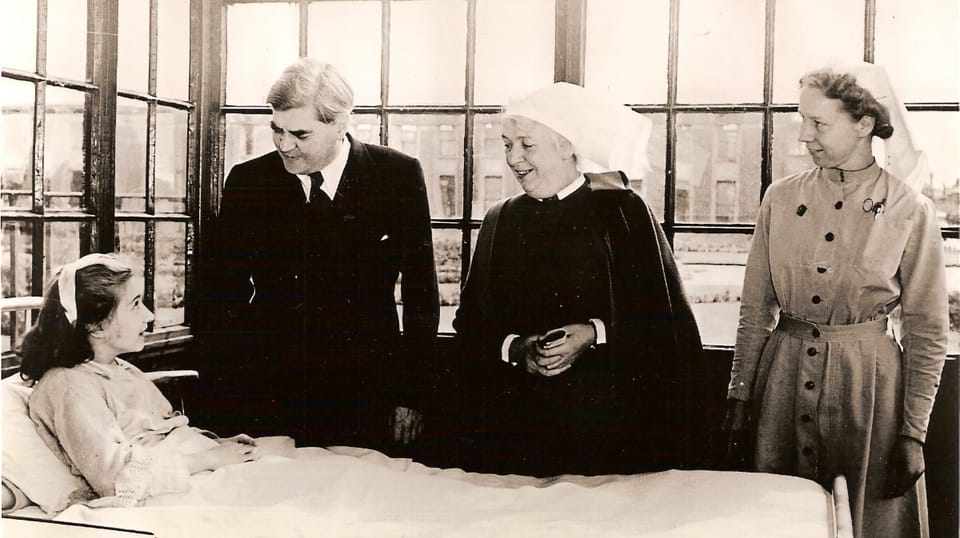Is Reform the best party for the NHS?

Labour has traditionally been the ‘party of the NHS’, trusted with the NHS, even if not in other policy areas. A Labour government founded the NHS under Nye Bevan in 1948, and it has tended to do better under Labour governments.
But recent polling suggests that only 18% of people think Labour would do the best job with the NHS, with Reform just three points behind on 15%.
In fact, it’s not about Reform polling well on the subject, it’s a sign that Labour’s polling terribly on the NHS. And that’s not much of a surprise.
Labour spent the best part of their first 15 months of government talking the NHS down. The result, predictably, was to depress public confidence. Rather than expecting things to get better after a devastating pandemic and with a Labour government, Secretary of State Wes Streeting actually managed to increase the number of people who expected the NHS to get worse.
The publication of Fit for the future: 10 Year Health Plan for England was meant to turn this around. Watching the publicity and reading Streeting’s afterword in the report, you sense he is aching for comparisons to Bevan. “There are moments in our national story when our choices define who we are,” he tells us. “If we succeed, we will be able to say with pride, echoed through the remaining decades of this century, that we were the generation that built an NHS fit for the future and a fairer Britain.” Will we speak of Streeting in 80 years’ time the way we speak of Bevan today?
Well, the report itself was underwhelming: Bevan built the NHS on the rubble of post-war Britain. Streeting's report offers vague management consultancy and the hope that technology will, somehow, save us.
Far from being innovative, it repeated themes the NHS has heard time and again over the past 30 years. It prescribed better technology (mainly AI in everything), healthcare closer to home, and a focus on prevention as a panacea for the NHS’s ills. Taken together, the plan said, these would save money and save the NHS.
The problem was that the report contains no delivery plan and no new funding. It contends that the changes will save money to fund the new NHS. That might happen in time, but they won’t save money now. Work to, say, lower rates of heart disease might save lots of money in ten or twenty years time. It won't pay for NHS staff today.
Instead, it seems to rely on the vocational vigour of NHS and other staff to fill the gaps. The quote by the NHS England Chief Exec that Fit for the future is designed to create ‘energy and enthusiasm’ is telling: the issue isn’t funding, it’s seen as a lack of enthusiasm. This neatly overlooks that NHS staff are already doing the equivalent of 33,000 full-time employees’ work in unpaid overtime.
But although NHS staff do valiant work to make up the shortfall, funding is regularly seen as the main issue by the public. The British Social Attitudes survey, for example, reports that supporters of every party agreed too little was spent on the NHS. The fact is that the NHS has always had its occasional money problems.
In its first year it was over budget. Bevan ascribed this to people finally getting treatment they couldn't previously afford, and by 1950 there was no overspend. However, just a year later, Bevan resigned from the government over plans to introduce some charges to help cover costs. And it's notable that the period during which the NHS saw the most popularity, under the Blair-Brown government, was kickstarted by reforms and additional funding.
Labour should be troubled that they poll so close to a Reform Party that seemingly doesn’t share the public’s support for a taxation-funded NHS, but unless they can turn vague ideas of change into actionable plans, backed by the resources needed to deliver them, they can't expect anything more.
